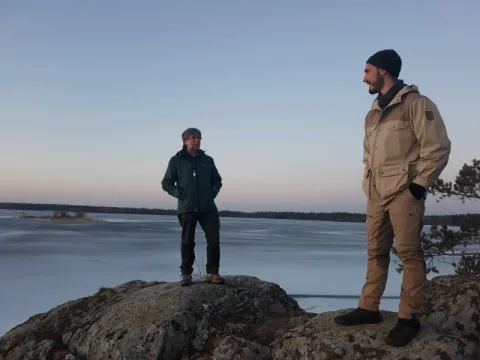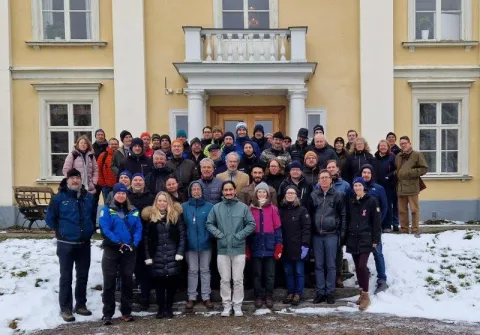Enhancing field-based ecosystem research across Sweden since 2013
The Swedish Infrastructure for Ecosystem Science (SITES) is a network of stations across Sweden that enables field-based research of the highest international standards since 2013. Each station brings a unique profile of research foci, expertise, experiments, long-term monitoring data and societal settings to the infrastructure built on shared scientific goals and methodologies. SITES focuses on terrestrial and freshwater ecosystems and recognizes the connectivity of elements within landscapes and between regions. To facilitate comparison between climate zones, landscape elements and management systems, as well as to strengthen the collaboration within the network of stations, SITES has Thematic Programs in ecosystem remote sensing, catchment monitoring and aquatic mesocosms. Open access to the infrastructure and open data policies help attract national and international scientists to the possibilities that SITES provides for doing excellent environmental science. This has made SITES a highly valued, critically important infrastructure for research on ecosystems and landscapes found in Sweden, not least in the context of how the Earth System will respond to drivers of environmental change such as a warming climate.

SITES III (2023-2028): Vision, Mission and Strategic Goals

SITES is a nationally distributed research infrastructure across Sweden

When using SITES, the data, Thematic Programs and/or the stations, please acknowledge the infrastructure in any publication. Learn more on how to acknowledge SITES

Contact details for the SITES Secretariat, Station Managers and Thematic Program Leads
Background and Formation
The Council for Research Infrastructures (RFI) at the Swedish Research Council published a report on the current state of research stations and other field-based infrastructure for ecological and environmental research in terrestrial and freshwater environments in 2012.
The report showed that there was a large number of stations with the potential to serve as a national resource for research. Based on the report RFI decided to allocate funds for a national infrastructure of field-based research facilities and research stations for terrestrial and freshwater ecology and environmental research. A call was made in 2012 in which universities and other research organizations were to nominate stations to be included in the infrastructure. The nominations were reviewed by a panel of international experts, who gave recommendations on which stations qualified to be part of the collaboration and how the infrastructure should be developed.